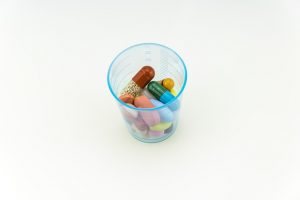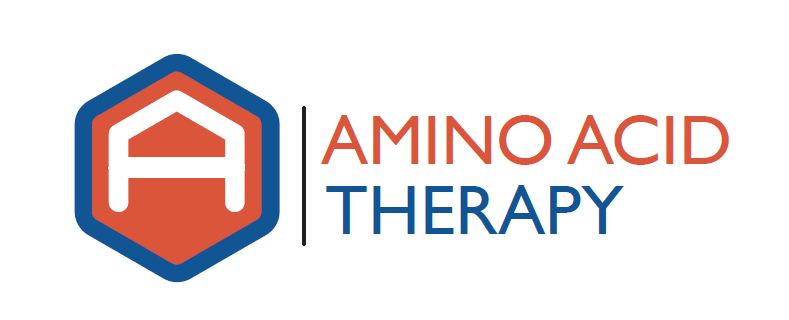 Many people experience many symptoms of disorders that are thought to be due to neurotransmitter imbalances, including disorders like depression, anxiety, insomnia, migraines, fibromyalgia, restless leg syndrome and Parkinson’s disease. However, if nutrients are used to combat or correct these symptoms, it must be said that these symptoms are “disease-like relative nutritional deficiency (RND) symptoms” and not the disease itself.
Many people experience many symptoms of disorders that are thought to be due to neurotransmitter imbalances, including disorders like depression, anxiety, insomnia, migraines, fibromyalgia, restless leg syndrome and Parkinson’s disease. However, if nutrients are used to combat or correct these symptoms, it must be said that these symptoms are “disease-like relative nutritional deficiency (RND) symptoms” and not the disease itself.
What is a Relative Nutritional Deficiency (RND)?
There are two general types of nutritional deficiency. An absolute nutritional deficiency occurs when there are not enough nutrients in the diet over a period of time that causes gross nutritional deficiency diseases. Examples would be a person getting scurvy from lack of vitamin C or pellagra from a severe deficiency of niacin. In each case, lack of the nutrient causes a deficiency disease that can be corrected when a sufficient amount of that nutrient is supplied in the diet (or via supplementation).
A relative nutritional deficiency (RND) also occurs when there is not enough of a given nutrient in the diet. However, in this case the nutritional needs are so great that dietary modification cannot adequately compensate and supplementation is necessary. These relative nutritional deficiencies can occur for many reasons, including genetic predisposition, trauma, toxins, illicit drugs as well as the use of many medications.
What’s in a Name?
Nutrients are not drugs. Only drugs can be used to treat or manage diagnosed disease states. Therefore, nutrients cannot be used to treat or manage diagnosed disease states.
However, nutrients DO often control or eliminate many of the symptoms a person has that looked like depression (or anxiety, or insomnia, or any other condition associated with neurotransmitter imbalance), so what does that mean? It means that we need to be careful with our words (to avoid getting in trouble with the FDA); in this instance, one has to use language that differentiates the use of nutrients from the use of medications so the two are not confused. Thus, with nutritional therapies like amino acid therapy, we have to say that the amino acids helped eliminate “disease-like RND symptoms”.
For example, if a person that had been suffering from depression optimized their neurotransmitter function using amino acid therapy and eliminated their depressive symptoms, you couldn’t say that the amino acids eliminated the depression. Instead, it could be said that taking the amino acids eliminated depression-like relative nutritional deficiency symptoms.
Yes, it’s a mouthful, but it also keeps all the regulatory agencies and pharmaceutical companies happy(er) and allows us to continue offering these therapies to the people that need them. In reality, it’s a small inconvenience relative to the tremendous potential nutritional therapies like amino acid therapy offer; like many things, it just takes some getting used to.

